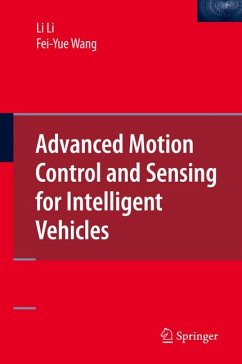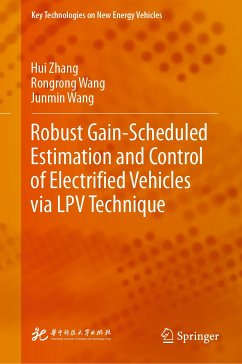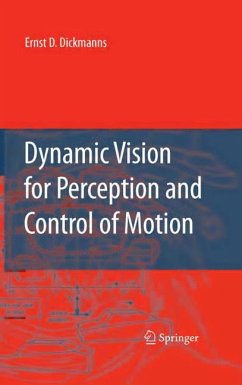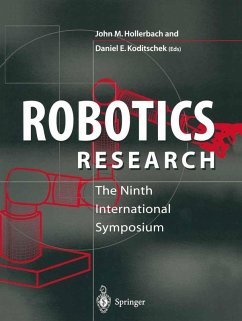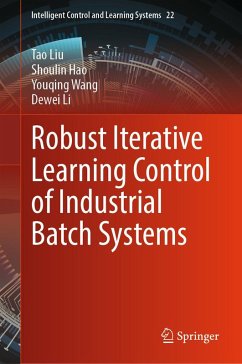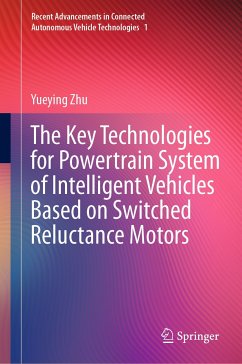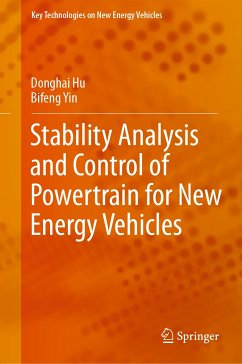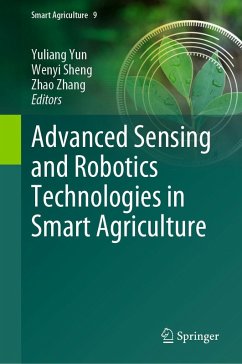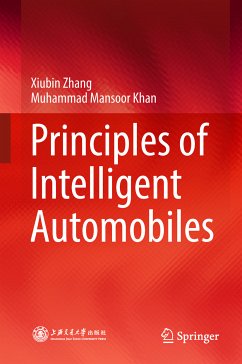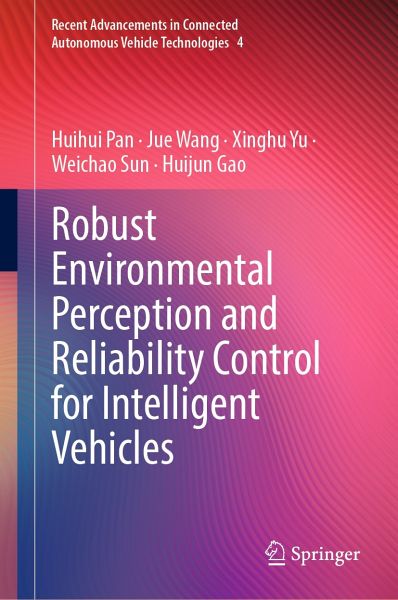
Robust Environmental Perception and Reliability Control for Intelligent Vehicles (eBook, PDF)
Versandkostenfrei!
Sofort per Download lieferbar
128,95 €
inkl. MwSt.
Weitere Ausgaben:

PAYBACK Punkte
64 °P sammeln!
This book presents the most recent state-of-the-art algorithms on robust environmental perception and reliability control for intelligent vehicle systems. By integrating object detection, semantic segmentation, trajectory prediction, multi-object tracking, multi-sensor fusion, and reliability control in a systematic way, this book is aimed at guaranteeing that intelligent vehicles can run safely in complex road traffic scenes.Adopts the multi-sensor data fusion-based neural networks to environmental perception fault tolerance algorithms, solving the problem of perception reliability when some ...
This book presents the most recent state-of-the-art algorithms on robust environmental perception and reliability control for intelligent vehicle systems. By integrating object detection, semantic segmentation, trajectory prediction, multi-object tracking, multi-sensor fusion, and reliability control in a systematic way, this book is aimed at guaranteeing that intelligent vehicles can run safely in complex road traffic scenes.
- Adopts the multi-sensor data fusion-based neural networks to environmental perception fault tolerance algorithms, solving the problem of perception reliability when some sensors fail by using data redundancy.
- Presents the camera-based monocular approach to implement the robust perception tasks, which introduces sequential feature association and depth hint augmentation, and introduces seven adaptive methods.
- Proposes efficient and robust semantic segmentation of traffic scenes through real-time deep dual-resolution networks and representation separation of vision transformers.
- Focuses on trajectory prediction and proposes phased and progressive trajectory prediction methods that is more consistent with human psychological characteristics, which is able to take both social interactions and personal intentions into account. Puts forward methods based on conditional random field and multi-task segmentation learning to solve the robust multi-object tracking problem for environment perception in autonomous vehicle scenarios.
- Presents the novel reliability control strategies of intelligent vehicles to optimize the dynamic tracking performance and investigates the completely unknown autonomous vehicle tracking issues with actuator faults.
Dieser Download kann aus rechtlichen Gründen nur mit Rechnungsadresse in A, B, BG, CY, CZ, D, DK, EW, E, FIN, F, GR, HR, H, IRL, I, LT, L, LR, M, NL, PL, P, R, S, SLO, SK ausgeliefert werden.



